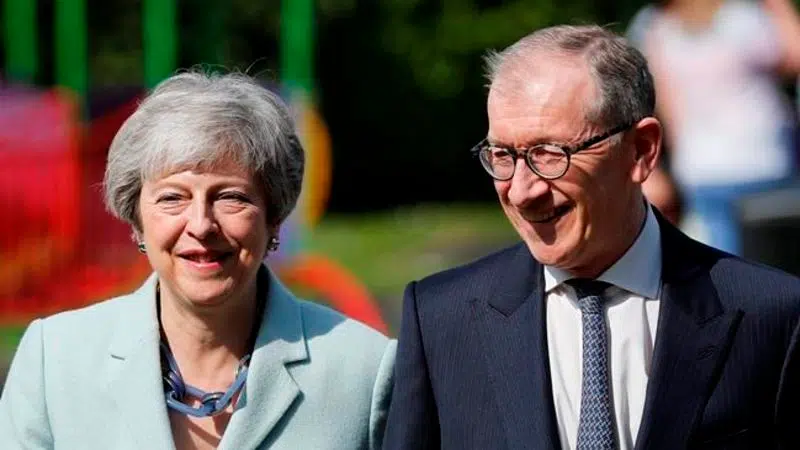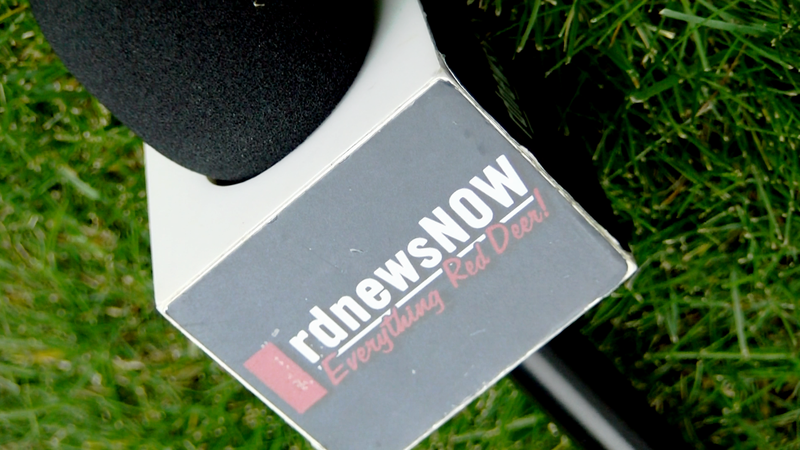
Strong showing for pro-EU parties in Dutch EU vote
THE HAGUE, Netherlands — Pro-European Dutch parties were predicted Thursday to win most of the country’s seats in the European Parliament, with right-wing populist opponents of the European Union managing to take only four of the nation’s 26 seats.
In a surprise forecast, the Dutch Labor Party of European Commission Vice-President Frans Timmermans became the country’s biggest party in the 751-seat European Parliament, according to an Ipsos exit poll.
“What an unbelievable exit poll!” Labor leader Lodewijk Asscher told a gathering of cheering party faithful.


